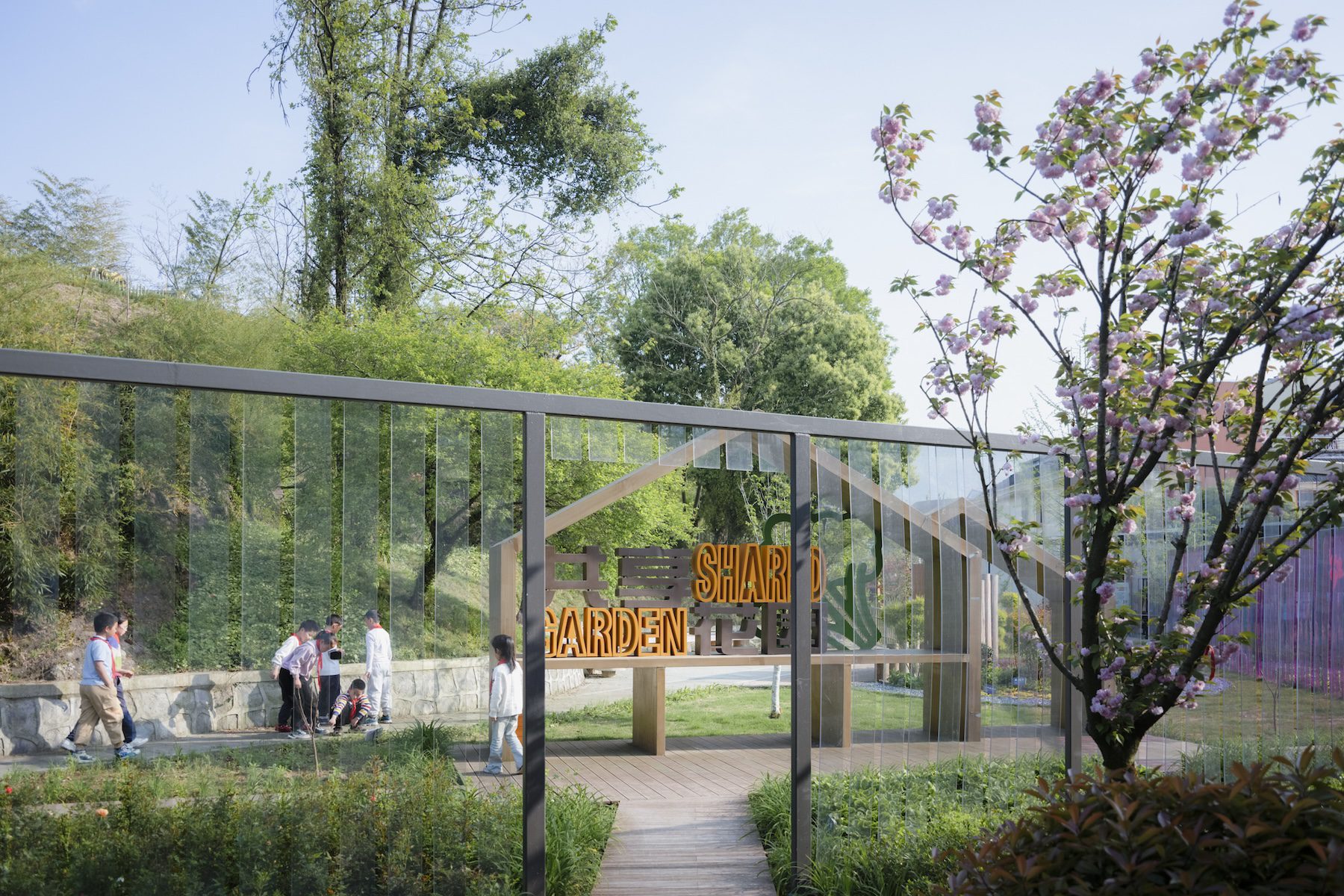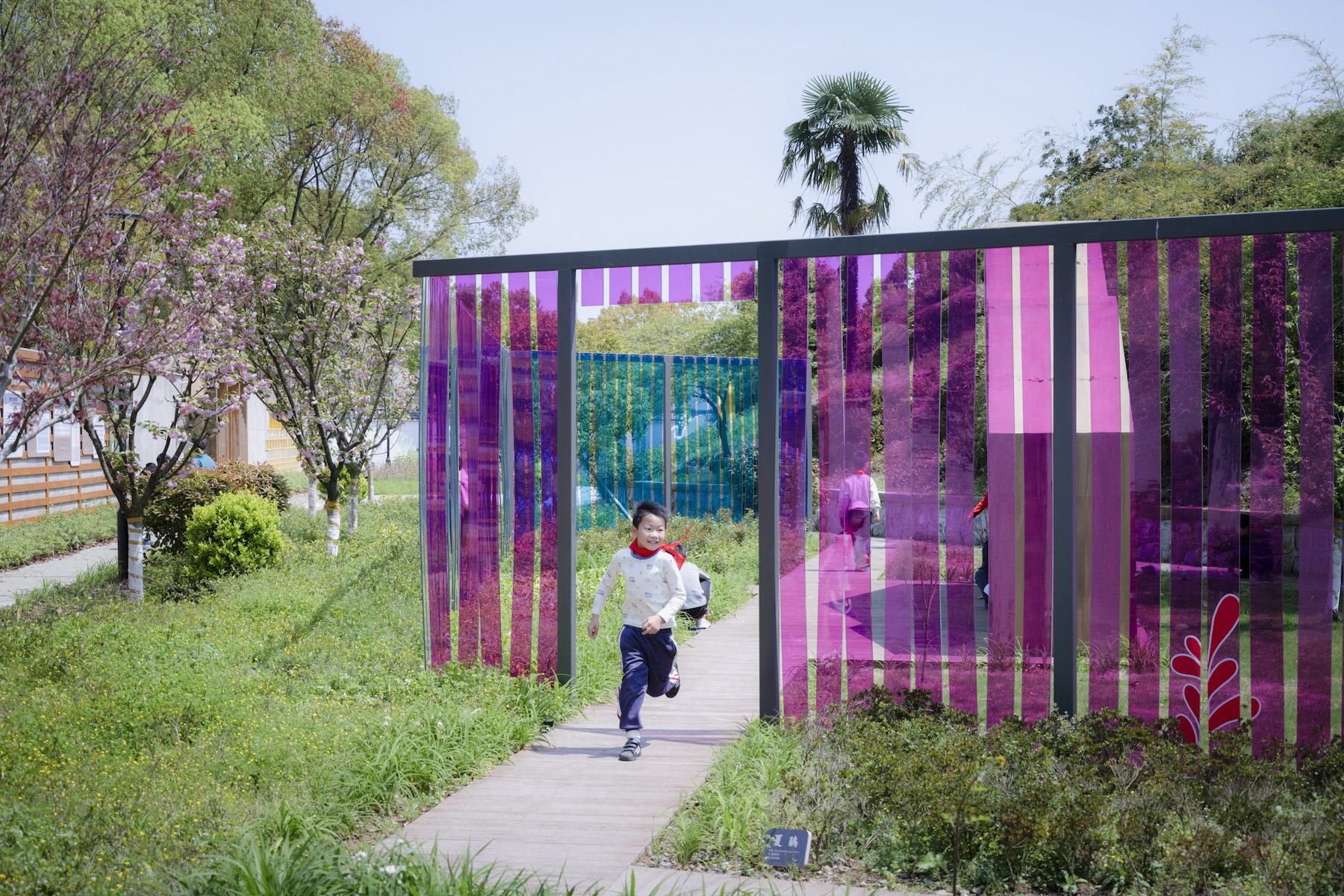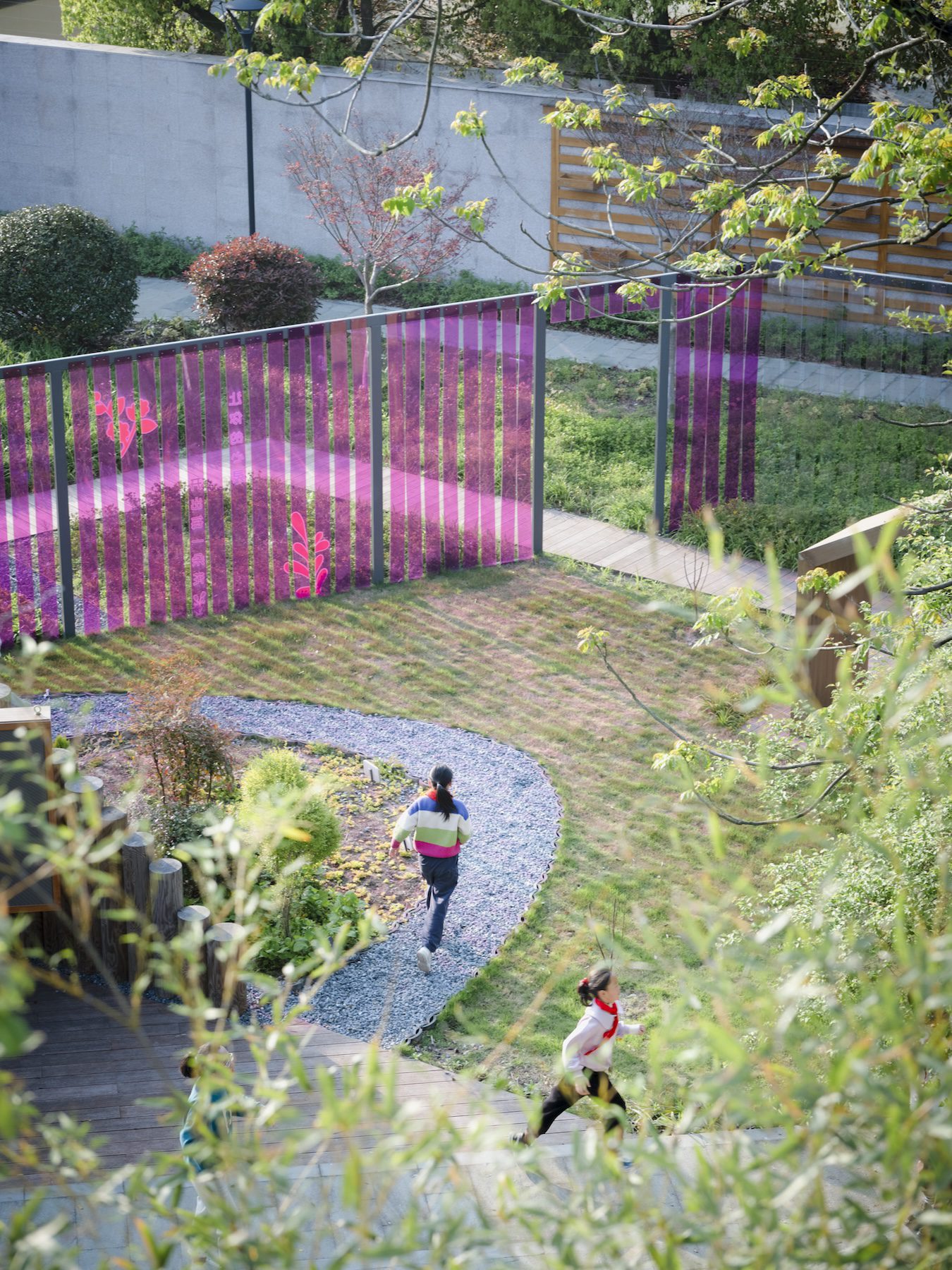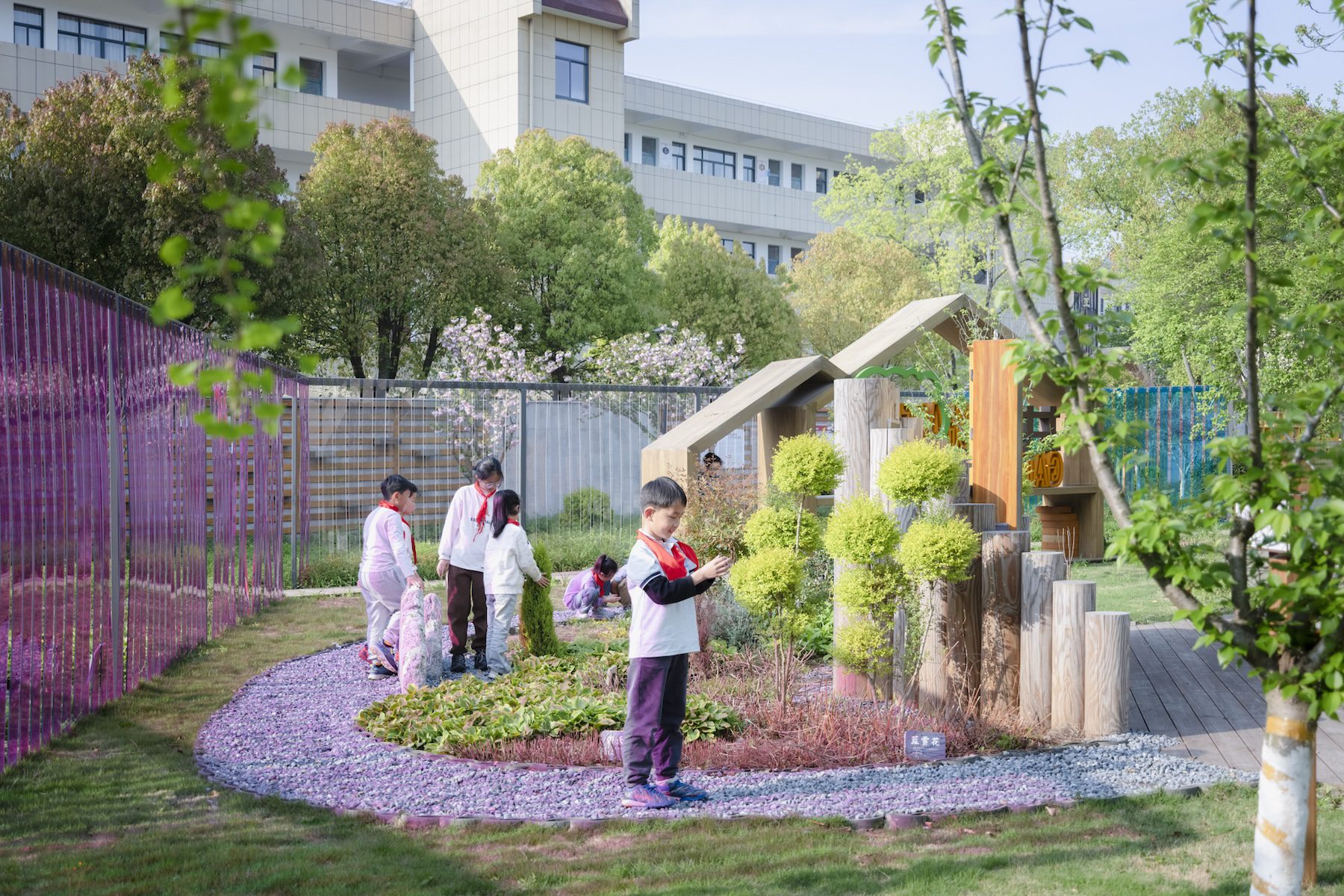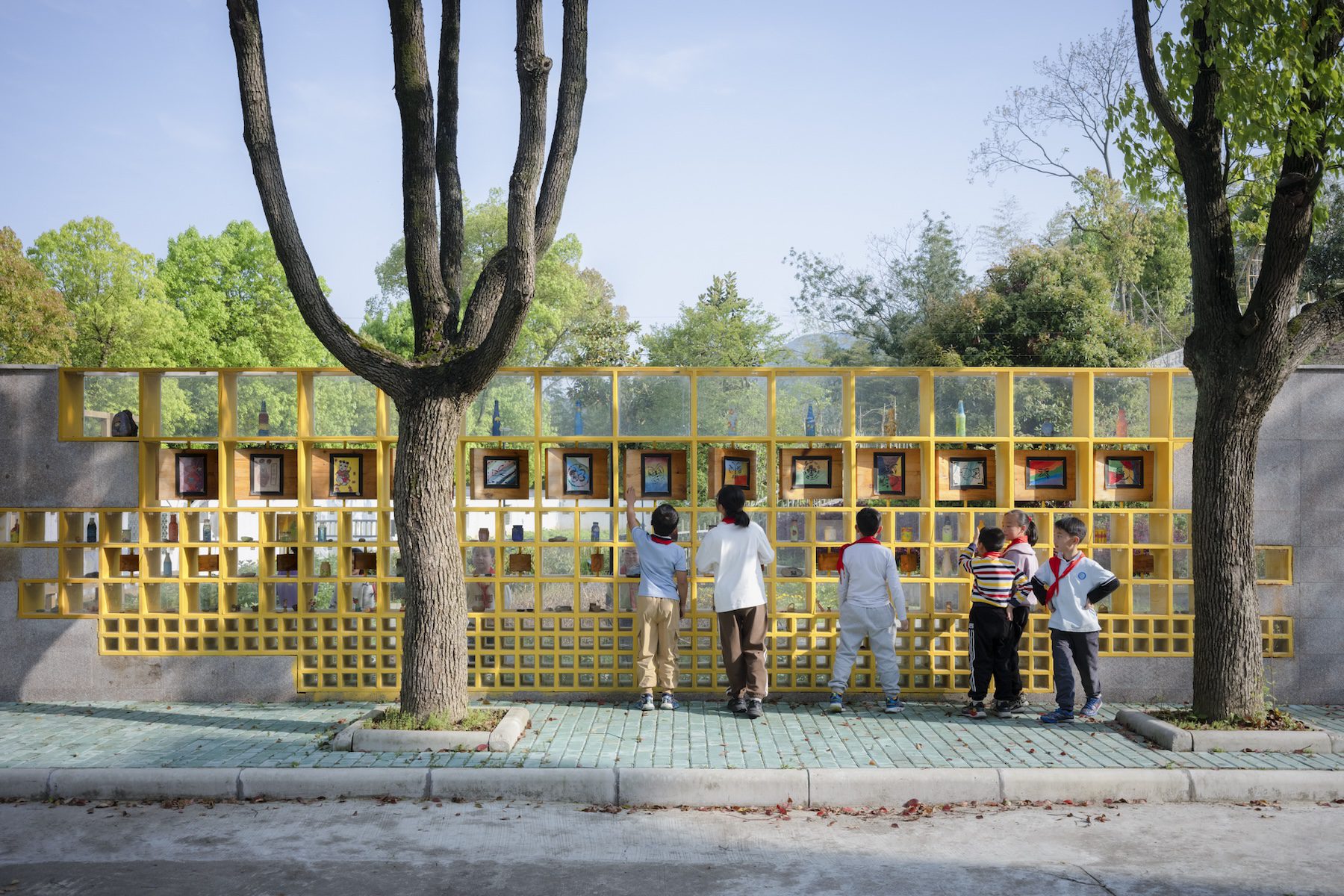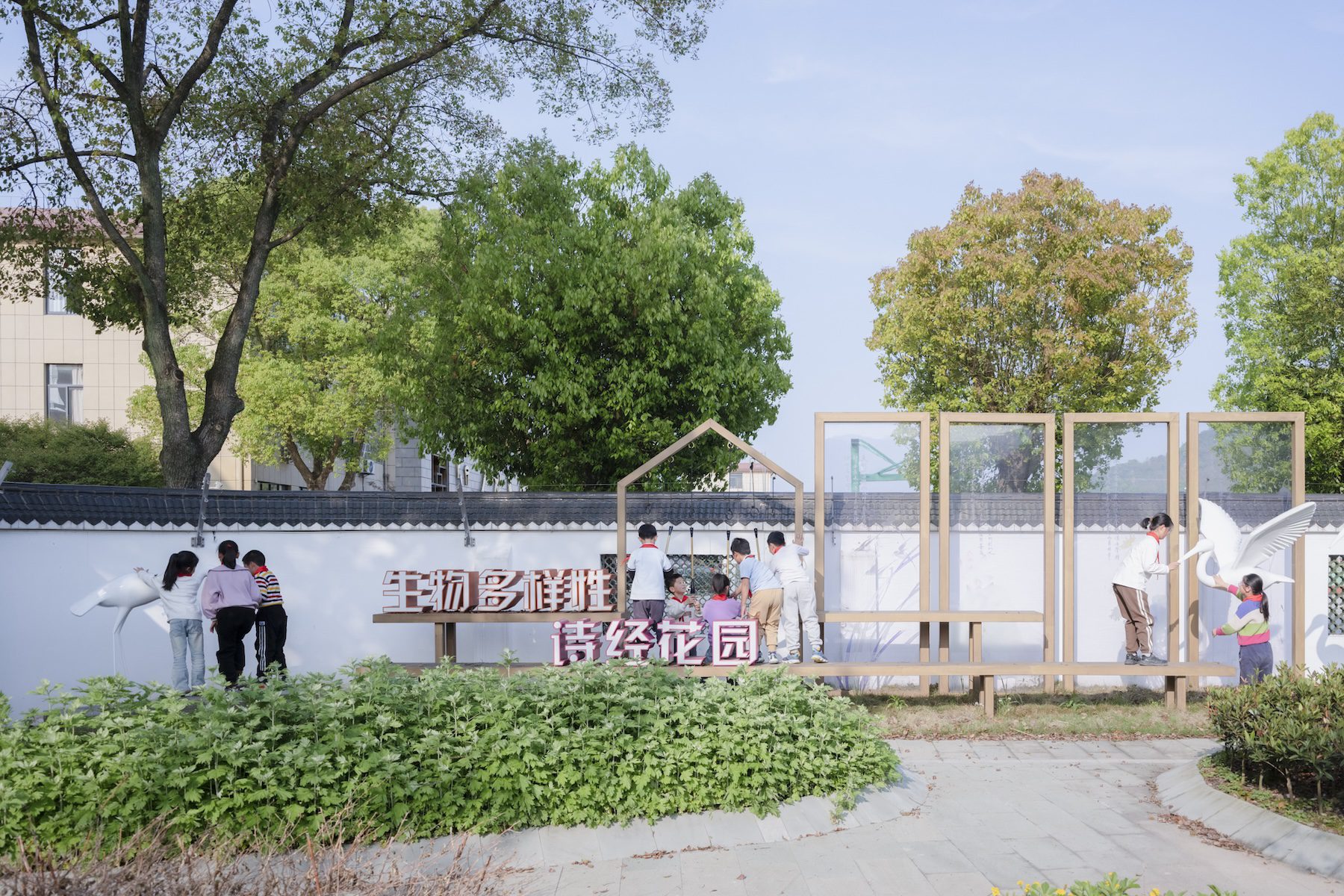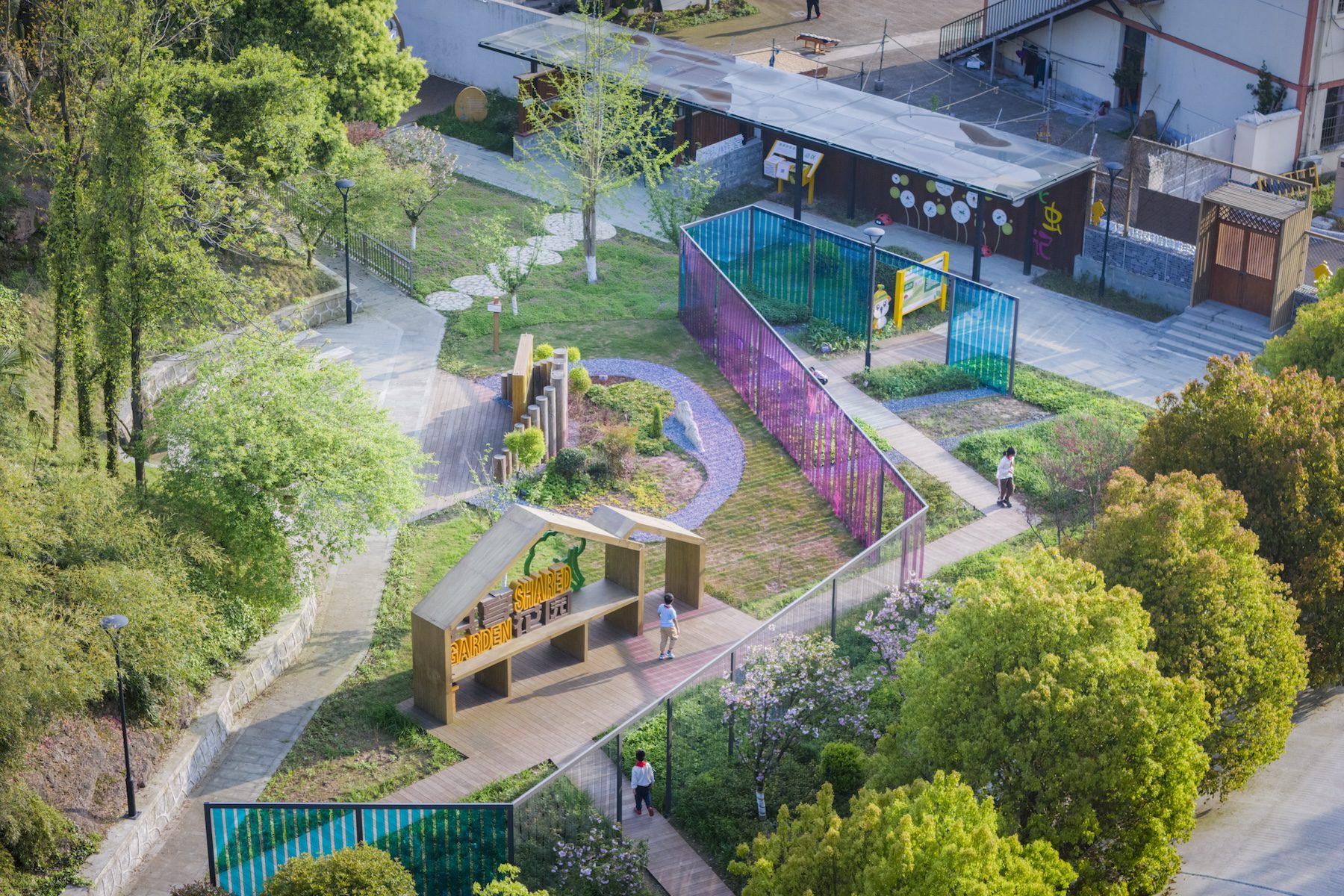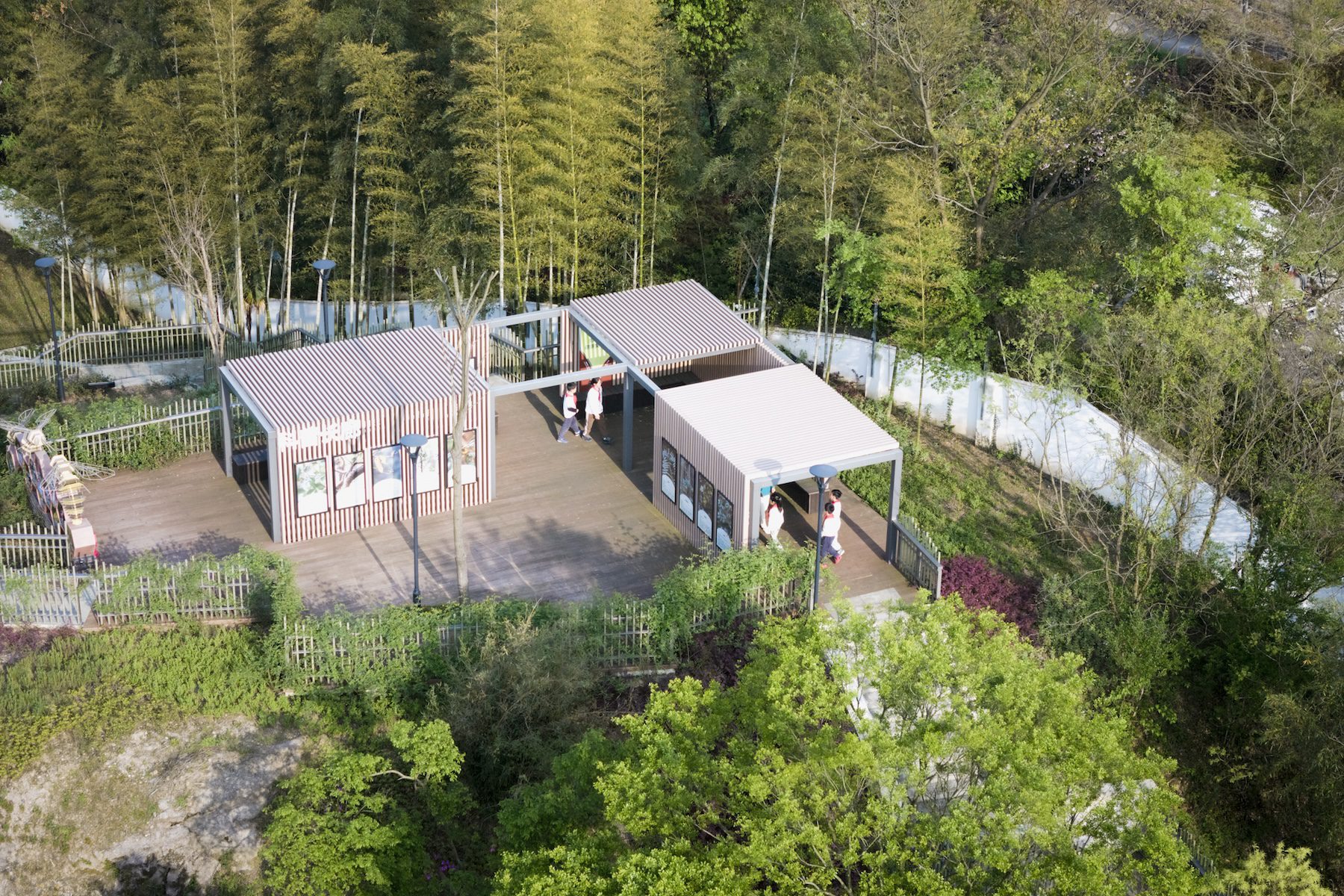Longguan Biodiversity Educational Park
Ningbo Urban Construction Deign And Research Institute Co.Ltd.




Short description
The project integrates science education and nature exploration, guided by the classical Chinese poetry anthology The Book of Songs (Shijing). With a strong emphasis on native plant communities and eco-friendly design, it forms a “breathing” educational space deeply rooted in local ecology.
Ecological Challenges and Three Key Design Strategies: Faced with the challenge of a compact 4,000㎡ site, the designers proposed a "dual-entrance circulation + circular walkway" model that ensures smooth flow while organically linking over 10 functional zones — such as the Shijing Garden and Herbal Garden — like an ecological puzzle. Breathable ground is achieved through permeable paving and gravel trenches, while elevated wooden platforms gently touch the earth. 80% of the plants used are native species, forming a self-sustaining ecosystem that protects and celebrates the delicate ecological texture of eastern China.
Poetic Expression of Sustainability Technologies: Green energy is harnessed via a photovoltaic-shaded corridor in the park, while a rainwater collection system nourishes a shared garden. Viewing platforms are made of FSC-certified modular timber that can be disassembled and reused. In the pottery studio, students engage in outdoor classes using recycled clay to craft new works — giving materials a second life. But the most moving stories are the ones that are “still growing”: Student-designed plant models become eye-catching entrance displays, a collaboratively cultivated herbal garden becomes a living teaching archive, while the cultural codes curated by the school’s teaching and research team are hidden within the Shijing plant directory.
From Encountering Nature to Protecting the Future: Following an immersive path themed “Encounter – Explore – Protect,” children track fireflies under the stargazing platform and upload ecological data from the monitoring station. Through sustained data recording and participation in scientific research, students engage in environmental education at a fine-grained level. The herbal garden adopts interchangeable planting modules, enabling flexible adjustments aligned with teaching needs. This “Education + Tourism + Research” model transforms the land into a green landmark for ecological civilization in the Yangtze River Delta.
Entry details
